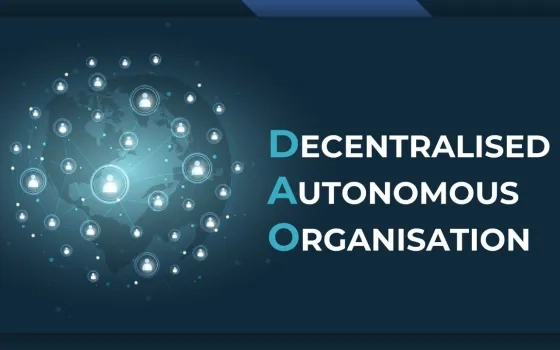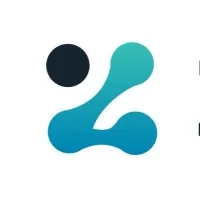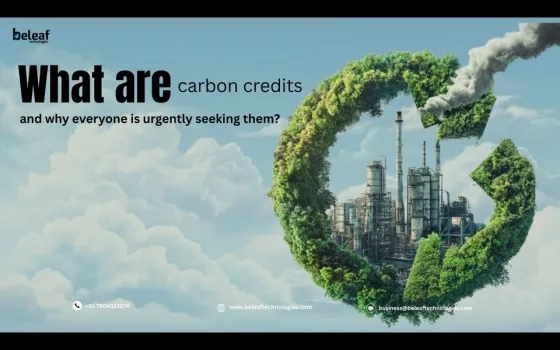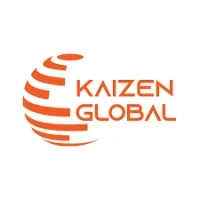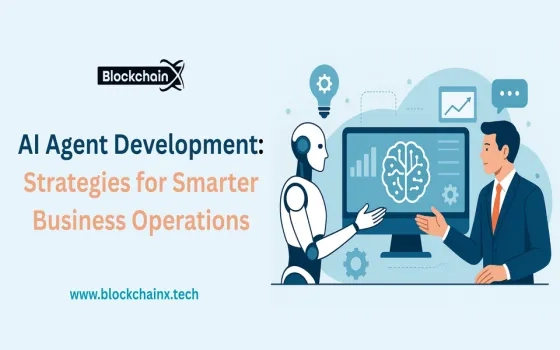“DAO” stands for Decentralized Autonomous Organisation. By breaking it down, we’ll be able to understand what a DAO is.
DAO is an organisation where a group of people come together to pursue a common objective. It is decentralized in nature as it has no central authority such as the Board of Directors who decides its future course of action. It is autonomous because it is run by a smart contract without the need of an intermediary.
Simply put, DAO is like a traditional company or an organization such as Tesla or Apple but governed through a smart contract coded on the blockchain. Just like a traditional company is governed through its article of association (set of rules), DAO’s set of rules is coded through a smart contract on the blockchain.
DAO has two unique characteristics which make it different from any traditional organization:
The set of rules are embedded into the code of smart contract which executes by itself when certain conditions are met. As a result, the code is executed on its own without the need of intermediaries. The rules once set and coded on the blockchain, they can’t be altered without the consensus of the community.
With the help of DAO, the governance of an organisation can be spread out across the members of the community rather than in a hierarchical manner where decisions are made by only a few people at the top. DAO makes governance in a collective manner where everyone from the community is encouraged and allowed to take part in the decision-making process.
Who is part of the community?
DAO mints its own governance tokens and whoever holds these governance tokens forms part of the community and can take part in the decision process. Generally, the number of tokens one has commensurates with his voting power i.e. larger the tokens, higher the voting power.
Example of DAO:
Bitcoin can be considered as the earliest example of a DAO. It is a self-enforced open source code, run by a community and the community decides its future course. Although, by today’s standards bitcoin isn’t seen as a true DAO as it doesn’t have an elaborated governance mechanism such as a DAO on smart contract-based blockchain like Ethereum. BNB Chain is a blockchain designed to support the creation of effective decentralized applications. The architecture of BNB Chain Node allows users to enjoy the swift trading of the exchange platform while creating high-performance decentralized apps.
Almost all the Defi protocols from Uniswap to Aave to MakerDAO are governed by DAO. Defi has made the use of DAO very popular.
How a DAO is created:
Typically it is created in 3 major steps as follows:
- Smart Contract: A smart contract needs to be coded on the blockchain. This code needs to be coded very carefully, keeping every detail in mind because once it is deployed it can only be altered with the consensus of the community which can take time.
- Funding: After a smart contract is created, the DAO starts its funding round by selling its governance tokens. The investors who buy these governance tokens get the voting right in the governance mechanism of DAO.
- Deployment: After the funding round the smart contract is deployed on the blockchain. From this point onwards the governance token holders decide the future course of the organization. And the creators of the smart contract influence the decisions only to the extent of the proportion of the tokens they hold.
Advantages of DAO
- Transparency: Every transaction of DAO such as voting, funding, and other decisions takes place on blockchain and is visible to every person present on the network.
- Principal-agent problem: In traditional organizations sometimes an agent (CEO or Board of Directors) acts against the interest and the wish of the principal (shareholders of the company). DAO will solve that problem by the whole community’s participation in decision-making. Hence no manipulation of funds of investors.
- Cost-effective: DAO essentially is a software deployed on a blockchain and this can save a considerable amount of costs that go into making a traditional organization.It reduces labor costs, paperwork, administrative expenses, and human errors.
- Collaboration: Strangers around the world, from all walks of life, can come together for a common purpose, make an organisation and participate in an open & democratic manner.
Disadvantages of DAO
- Slow decision process: At times when the necessity of a quick decision arises, DAO isn’t the best option as taking consensus from the whole community takes longer time. Lack of a clear authority makes it slower to operate.
- Disagreements: When a strong disagreement arises in the community, it can split into two groups or more resulting in a hard fork. For example: ethereum and ethereum classic.
- Legality: Lack of legal regulations creates uncertainty about how DAO will be treated by regulators and what are its legal rights and liabilities.
- No change: In some DAO’s those with the most tokens make the final decision which is similar to a traditional organization where the person having the most shares is the ultimate decision-maker.
Use cases of DAO
In essence, DAO ensures the community has control of the organization’s funds and determines the usage of funds. The whole community gets to decide how and where a specific amount of funds will be used, as well as who should be entrusted with the fund’s handling.
Presently, DAOs are being used for many purposes such as charity, fundraising, investment, borrowing-lending, or collecting NFTs, all without intermediaries. Some examples are as following:
- Grant Funding — Moloch DAO ( provides grants to ethereum 2.0 project
- Charity Funding — Charity DAO(raises funds for any charitable project)
- Investment — Metacartel Ventures ( makes investments into early-staged DApps)
- Collector: FlamengoDAO, WhaleDAO ( makes investment and collects NFT assets)
- Decentralized Finance & Exchanges — MakerDAO, Aave, Uniswap, etc. ( perform functions such as lending-borrowing, listing, etc.)
Legal Status of DAO
At the moment, DAO’s legal status is unclear, as the law has not yet caught up with technology.
The State of Wyoming in the U.S. on July 1 became the 1st state to recognize DAO as a legal entity. DAO would be considered a limited liability company (LLC) in Wyoming after this legislation is passed.
The main advantages of the grant of LLC status to DAO are that stakeholders will be liable to only limited liability according to the stake they hold in the DAO and the DAO will be granted status of an artificial legal entity which means it can sue or be sued. It will get access to the traditional judicial system for the protection of its rights.
In the absence of the legal status of LLC, there arises a possibility that DAO would be considered as a general partnership among the stakeholders which means stakeholders will not be given the protection of limited liability and would be given unlimited legal liability in the event of bankruptcy, fraud, etc. In addition, stakeholders will also face difficulty in filing a case in court against any wrongdoer since DAO will be considered as an unregistered partnership.
Alternative options:
Meta cartel ventures in the state of Delaware in the U.S. have registered themselves as a LLC under the statute of Delaware Limited Liability Company Act. Post legal formalities, they have created DAO using Maloch v2 smart contract standard.
Actually what they did was that they registered their company as a traditional company but they employed smart contracts to incorporate the features of a DAO as well. Hence, they are having the best of both worlds.
One can utilise the above method as an alternative option to establish DAO in the absence of clear legal clarity. However, uncertainty of law doesn’t make this alternative option infallible as
Uncertainty can never be eliminated completely in the absence of law.
About Zeeve
Zeeve is the leading Blockchain as a Service platform helping enterprises and Blockchain startups build, deploy and manage reliable decentralized apps and Blockchain networks. Zeeve is a low code automation platform that is cloud agnostic and supports multiple Blockchain protocols with advanced analytics and monitoring of nodes and networks. Zeeve features a powerful set of APIs to build DApps for a plethora of use cases across industries.
About The Author

Dr. Ravi Chamria is co-founder CEO of Zeeve Inc, an Enterprise Blockchain company. He has an experience of 18+ years in IT consulting spanning across Fintech, InsureTech, Supply Chain and eCommerce. He is an executive MBA from IIM, Lucknow and a prolific speaker on emerging technologies like Blockchain, IoT and AI/ML.
Passionate About: Blockchain, Supply Chain Management, Digital Lending, Digital Payments, AI/ML, IoT
Specialities: Strategic Management, Technology Innovation, Product Management



